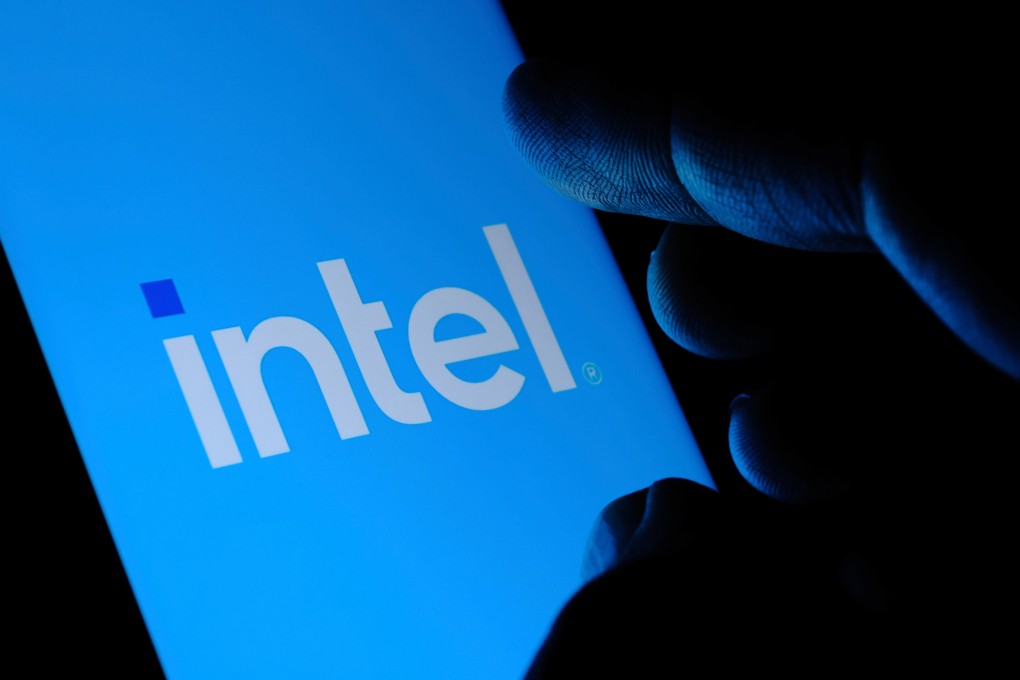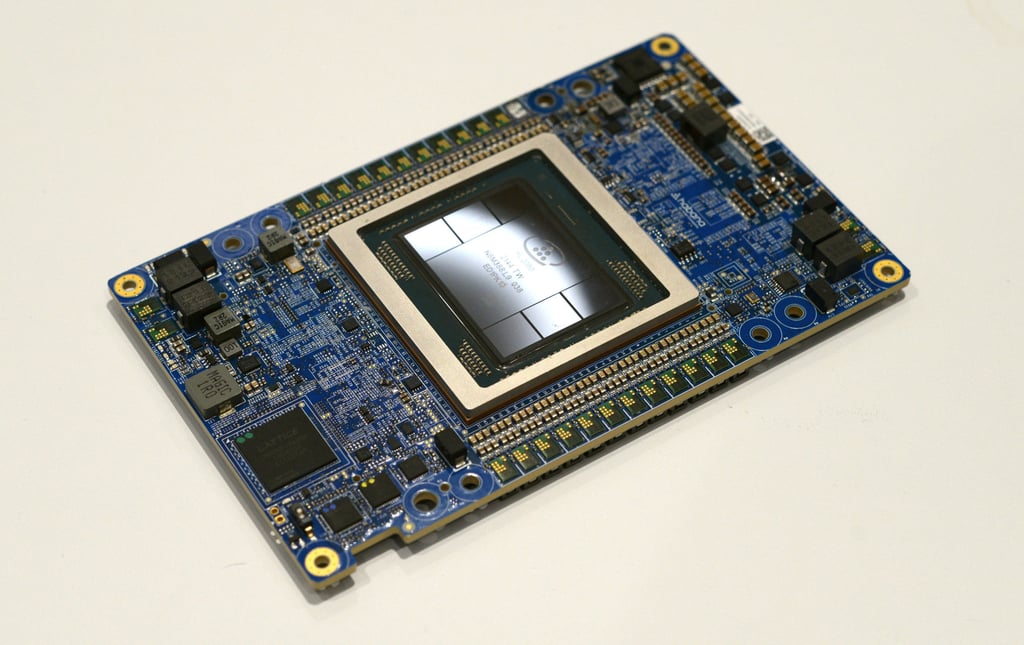Intel CEO wraps up low-key China trip as US chip giant taps hot Chinese demand for semiconductors
- Gelsinger started off by visiting Intel’s chip packaging and test plant in Chengdu, where a celebration marked the US chip maker’s 20th anniversary in the city
- The trip also coincided with the Chinese launch of the company’s Gaudi 2 processor designed for artificial intelligence (AI) deep-learning applications

Intel CEO Patrick Gelsinger concluded a low-key trip to China this week, his second to the country in three months, as the US chip giant doubles down on the Chinese market despite an intensifying US-China tech war.
Gelsinger’s reported itinerary included a Wednesday visit to the Beijing headquarters of New H3C Group, a leading Chinese IT equipment supplier under Tsinghua Unigroup. H3C said in a statement that Gelsinger met with Li Bin, chairman of Tsinghua Union Group, and H3C CEO Yu Yingtao, adding that the company would use Intel’s Gaudi2 processors in its latest server products.
On the same day, Gelsinger visited xFusion Technologies, a provider of computing power infrastructure and services, where he had talks with its chairman Liu Hongyun on cooperation in “green data centre innovation and AI computing power”, according to a statement from xFusion.
Gelsinger started his trip on Monday with a visit to Intel’s chip packaging and test plant in Chengdu, the capital of southwestern Sichuan province, where a celebration marked Intel’s 20th anniversary of operations in the city. The Intel head was received by Huang Qiang, the provincial governor of Sichuan and Shi Xiaolin, the Chengdu party secretary, according to local media.
Gelsinger said Chengdu played a critical role in the company’s global supply chain, and noted that its “favourable” business environment paved the way for “stable growth” of Intel and “enhanced confidence” for the company to expand in the region, according to a Chengdu government statement.
Intel did not disclose Gelsinger’s itinerary in China.
